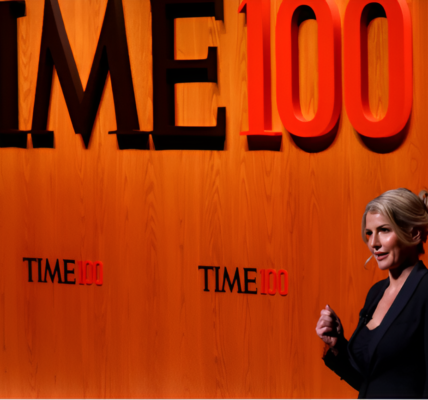
The recent wave of U.S. sanctions on Hong Kong has sparked concerns about its broader impact, particularly for the financial institutions that operate in the territory. On August 7, the Trump administration sanctioned 11 high-ranking Hong Kong officials, including Chief Executive Carrie Lam, over what the U.S. government calls their role in undermining Hong Kong’s autonomy. But these sanctions aren’t just about the individuals involved—they could have far-reaching consequences for global banking.
Hong Kong has long been a crucial gateway for international firms looking to do business with China. With 78 of the world’s top 100 banks operating in the territory, the sanctions threaten to ripple through the global financial system.
What Led to the Sanctions?
Hong Kong, once seen as a pillar of political and economic stability, became the site of escalating protests in 2019. What began as demands for greater political freedoms quickly escalated, with some protesters calling for Hong Kong’s independence—a red line for Beijing. In response, the Chinese government enacted a stringent National Security Law in July, criminalizing secession, subversion, terrorism, and collusion with foreign powers. Critics see the law as an erosion of Hong Kong’s promised autonomy.
Following the enactment of the National Security Law, the U.S. government responded by revoking Hong Kong’s special trade and economic status, leading to the imposition of sanctions. The U.S. issued executive orders freezing assets of key Hong Kong and Chinese officials, with President Trump signing the Hong Kong Autonomy Act into law. This act allows for punitive measures against those perceived to be undermining Hong Kong’s autonomy, making it clear that the city’s political upheaval will have significant economic consequences.
Who’s Being Targeted?
The U.S. sanctions list includes some of Hong Kong’s most influential figures, with Chief Executive Carrie Lam at the forefront. The U.S. Treasury Department accuses Lam of being responsible for “suppressing freedom and democratic processes” in Hong Kong. Other sanctioned individuals include current and former police commissioners, and key government officials who played a role in implementing Beijing’s policies in the territory.
These sanctions freeze the assets of these officials in the U.S. and prevent U.S. entities from engaging in business with them. While Carrie Lam dismissed the sanctions, saying she has no assets in the U.S. and doesn’t often visit, the financial implications are still significant, especially for those who rely on international banking.
How Do These Sanctions Affect Banks?
For the global financial institutions operating in Hong Kong, the sanctions create a tricky situation. Banks are now prohibited from completing transactions with the 11 individuals named. U.S. banks are already taking steps to freeze accounts linked to these officials, according to reports from Bloomberg. However, regional and Chinese banks might still be able to conduct transactions with the sanctioned individuals—albeit at their own risk.
“Banks in Hong Kong should already have sanctions compliance programs in place,” says Nick Turner, a lawyer specializing in economic sanctions. But the Hong Kong Autonomy Act may introduce even greater challenges, as it could potentially target foreign financial institutions that engage in “significant transactions” with the sanctioned individuals. This means that even non-U.S. banks could face consequences if they maintain banking relationships with any of the targeted officials.
A Complex Web of Risks for Banks
The situation is further complicated by the threat of countermeasures under Hong Kong’s National Security Law. Article 29 of the law criminalizes actions like imposing sanctions or engaging in hostile activities against China or Hong Kong. Some legal experts are concerned that this could make it illegal for banks to comply with U.S. sanctions, creating a difficult legal quandary for global financial institutions.
Albert Chen, a law professor at the University of Hong Kong, believes that Article 29 was likely designed to target individuals calling for sanctions, rather than banks complying with foreign laws. However, the law’s broad and vague language raises uncertainties, and how it will be applied remains unclear. If compliance with U.S. sanctions becomes illegal under Hong Kong’s new law, international banks may find themselves caught between conflicting legal systems.
Looking Ahead
The sanctions on Hong Kong are more than just a political standoff—they have real implications for the global banking industry. As financial institutions navigate the complexities of complying with U.S. sanctions while facing potential legal challenges under Hong Kong’s National Security Law, they are forced to reassess their operations in the territory.
The situation remains fluid, and experts predict that more sanctions could be on the way, potentially targeting both individuals and institutions that are seen as undermining Hong Kong’s autonomy. As the political and financial landscapes of Hong Kong continue to evolve, banks will need to tread carefully, balancing compliance with international laws against the risks of violating local regulations.
In this high-stakes environment, the role of financial institutions in Hong Kong may be at a crossroads—caught between the pressures of global geopolitics and the imperative to maintain their presence in one of the world’s most important financial hubs.





